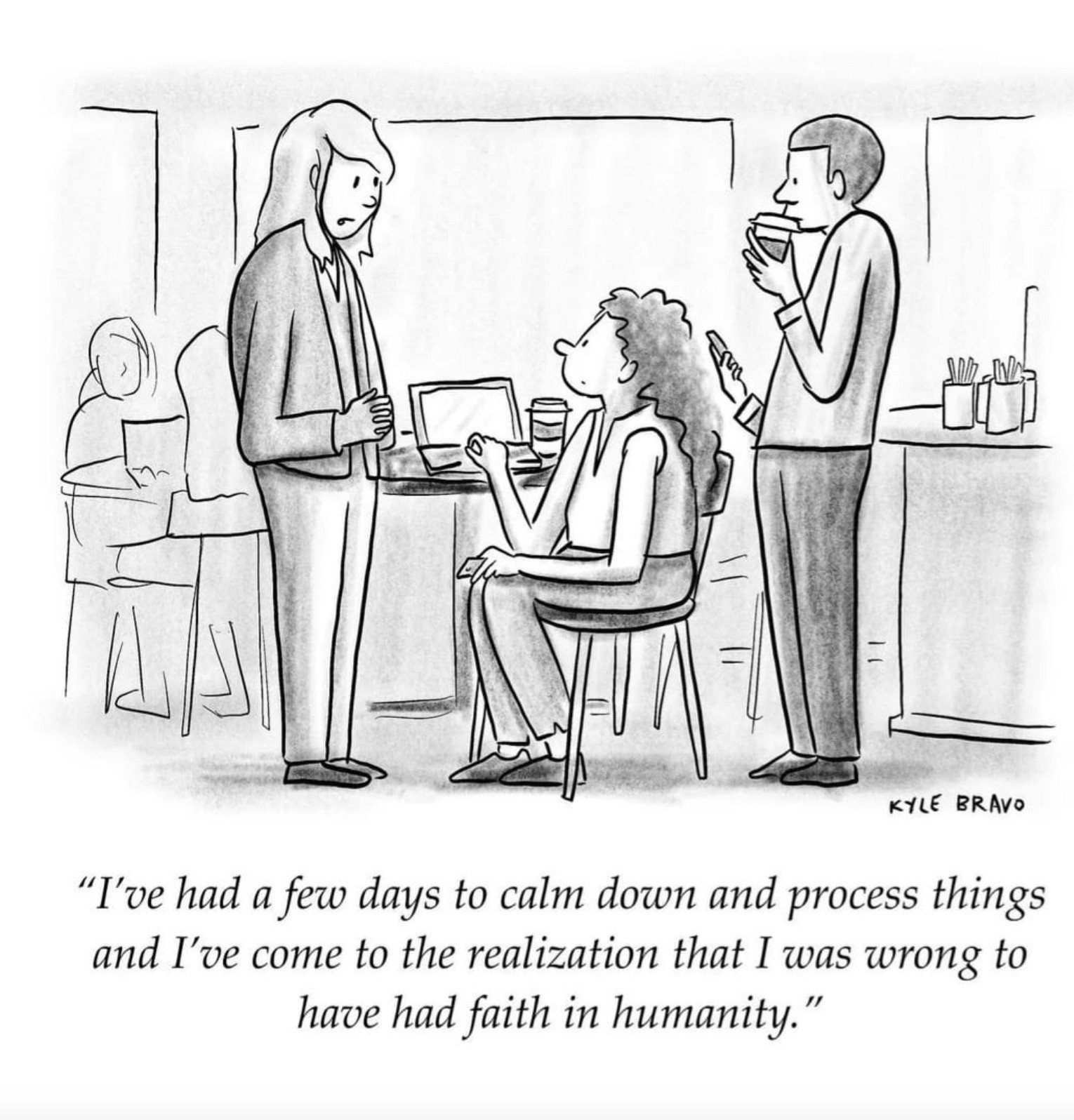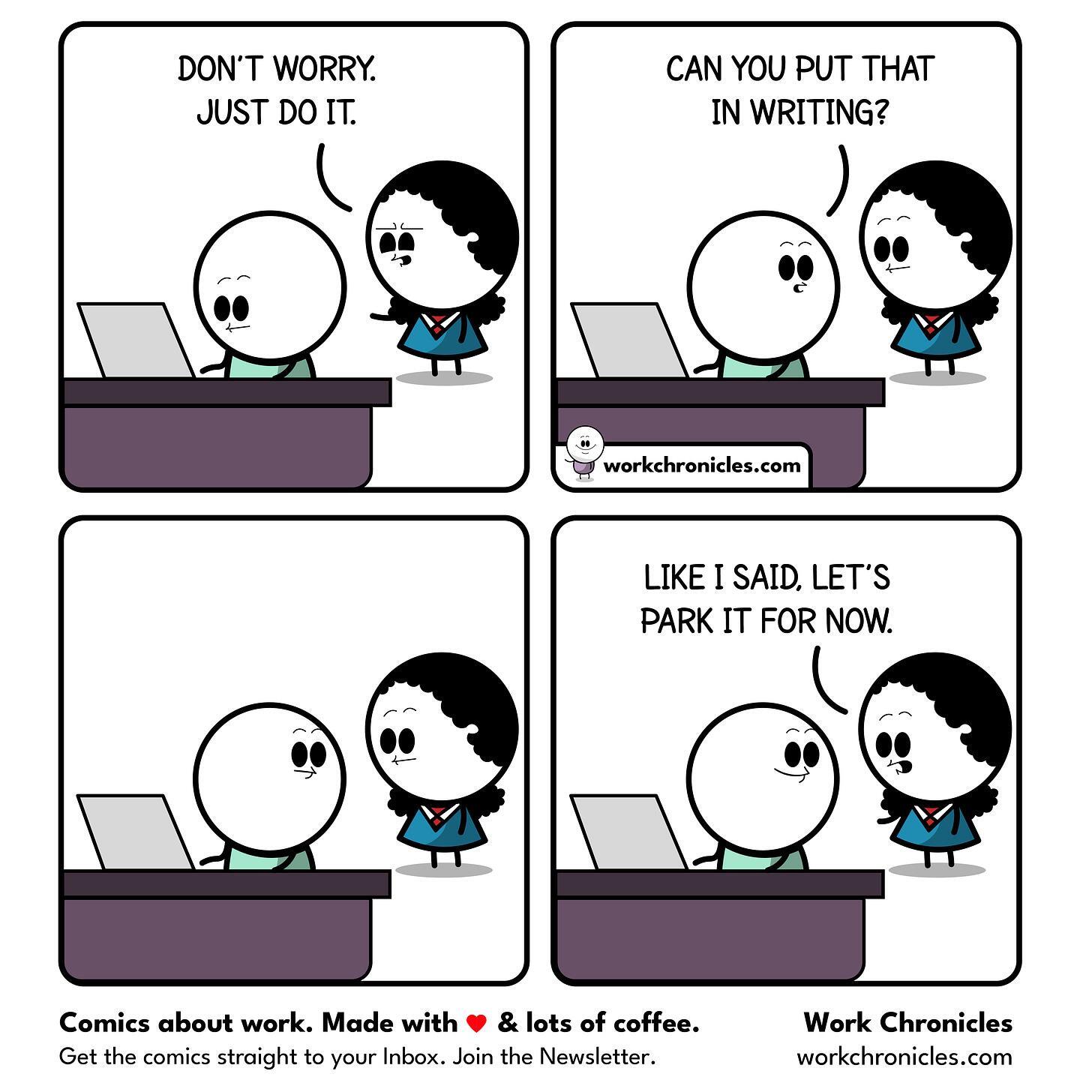These defeats in court are good—necessary, even—but the protestors are still being prosecuted, put in jail, subjected to cash bond requirements and required to hire defense counsel. Yes, the Trump Admin loses a lot, but it doesn't have to win every case to chill and deter opposition. The power imbalance is still a huge threat when a would-be autocrat can bring the full force of the federal government to bear on individual citizens. I want to see more AUSAs declining to prosecute at all, they have independent obligations as officers of the court to follow the constitution.
fpslem
Portal 1 & 2 were the first to my mind as well. I really like this list, actually.
How much did it cost them, what's the going rate right now?
.. . and Tesla stock is somehow STILL over-valued.
That's probably a fair assessment, but still a rather damning indictment of the industry writ large.
There are definitely better versions of cryptocurrency that I think could be more useful, but the industry is definitely not headed in that direction. Instead, it's all pump-and-dumps, rug-pulls, and other schemes that render them nothing more than highly speculative asset classes in which the underlying asset has no intrinsic value.
It's just grift all the way down with crypto, isn't it? Scams layered on scams layered on scams.
Tubi is owned by Fox Corp, and can absolutely fuck off.
No, and the majority of New Yorkers don't own cars. Which is why it's been mind-boggling to have the majority subsidize the minority and out-of-towners when they want to drive in an store their 3-tonne vehicles in public space, often for free.







You're almost certainly right, they will be fired if they disobey the would-be autocrat. That's basically what happened in Nixon's "Saturday Night Massacre" when he wanted to fire special prosecutor Archibald Cox. Attorney General Elliot Richadson refused and resigned immediately. So too did Deputy AG William Ruckelshaus. Then loyal fascism supporter Robert Bork did as instructed, and the story of the resignations became bigger than the firing of Cox, leading to the impeachment proceedings and a new special prosecutor.
I don't really disagree with you, the system needs significant reform, and losing good career professionals is bad for everyone. But it's worth it to fight like hell at every stage, it slows them down and sometimes the opposition shifts public sentiment.